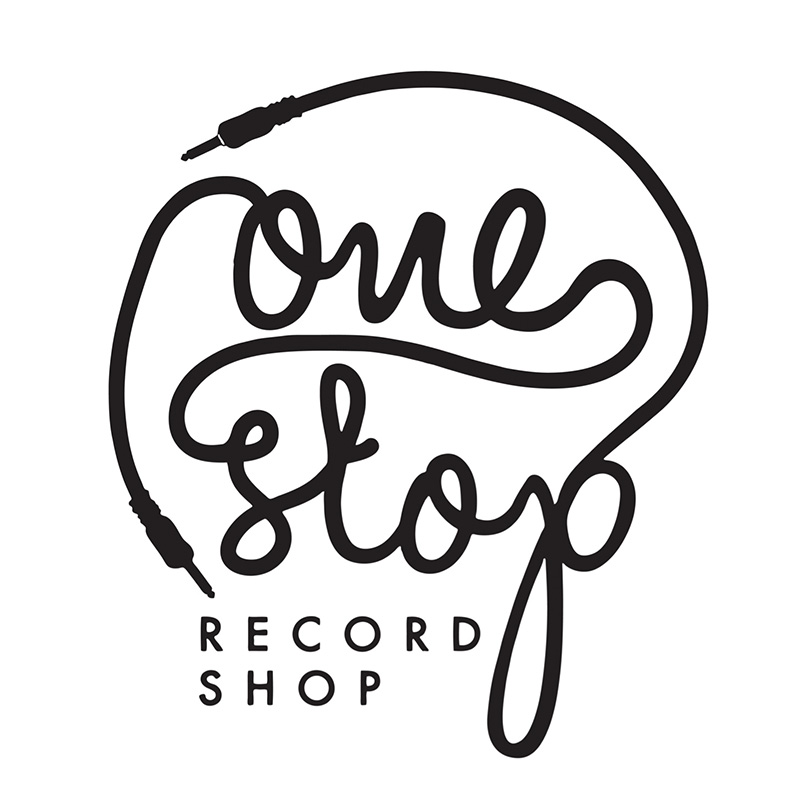

Festival season is officially upon us, and as unofficial musical guardians of the realm, One Stop Record Shop like to do all they can to ensure it’s a bloody great experience for everyone. Let’s face it, we all know that bloke who gets into Glastonbury in the back of a lorry or the kid that has his own private pass to V Fest via daddy’s connections, but for most of us, the scramble for festival tickets is a very real and ongoing problem.
Whilst some events have started providing tiered releases to try to quell the classic ticket launch rush, for some of the most popular festivals in the country, securing your spot is 50 percent luck and 50 percent perseverance – an act that sometimes forces us to chase down re-sale tickets at any cost.
But in a world where many would rather rob you blind than follow through on a legit deal, how can you make sure you don’t end up with a fake ticket?
Find An Official Vendor…
Festivals usually have official websites, a mahuuusive social media campaign, and a legit email subscription list, so around the release date, it should be easy to find an official site. However, if you can’t find a link from the organisation itself, then Skiddle, Ticketmaster and See Tickets are all well-trusted sources.
Basically, the most important thing to take form this point is that you should never input your payment details into a random website that you don’t trust. Not only is it very likely that you’ll end up with a fake ticket, or no ticket at all, but you could also have your personal information stolen and find your bank account has been drained.
…Or Trusted Resale Merchant
Thankfully, many companies are aware of the risk faced by fans willing to buy tickets to their events through unofficial vendors, so a good ol’ chunk have taken steps to circumvent the problem. For example, thanks to their deposit system, Glastonbury now issues a round of resale tickets during April, and many other festivals are following their lead.
Similarly, Skiddle and Ticketmaster both have a section where you can buy and sell tickets, and sites such as Seatwave and GetMeIn allow you to find previously purchased tickets whilst still giving you the security of buying via a middleman.
However, if none of these sources are fruitful and you’re determined to get yourself in, it’s worth using a Virtual Private Network to encrypt your data and keep you safe whilst you browse potentially dodgy domains.
Use Your Eyes!
If you’re buying a re-sold physical ticket, then there’s good news: you’ll probably be able to tell it’s fake just by looking at it. Often, people who run fake ticket scams will do so on a limited budget, relying instead on the gullibility of their customer to complete the transaction. Because of this, by checking the texture of the paper and printing quality if the ticket, as well as looking for official holograms, you can usually separate the real from the fake relatively easily.
Whilst you’re doing this, it’s also worth checking the date, terms and conditions and other ticket information. Occasionally, tickets will not be viable for resale or will only be able to be used with the ID of the person who bought it, so watch out for this! Similarly, it’s not unheard of for crafty scalpers to try to sell tickets from the previous year’s festival. It may sound crazy, but if you assume you’re getting the real deal, then it can be easy to overlook obvious problems like this.
Ask for a Receipt
If the seller is legit and really is selling the ticket because they just can’t make it, then asking for them to produce a receipt of the initial purchase should be no problem. Physical tickets always come with a receipt stub, and almost any festival purchase usually instigates a confirmation email, so if they’re reluctant to send either along, it’s an immediate red flag.
The only realistic excuse would be a hesitance to share their personal details with you, but you can easily just suggest they blur out any sensitive information before they send it over. Most genuine sellers will understand your suspicion, so if they start becoming increasingly difficult, then it’s probably best to try elsewhere.
Call the Provider
Luckily, every ticket comes with its own bar code and serial number, which means it’s easy to track it down and check it’s authenticity. If you’re unsure about a purchase before you make it, then you ask for these details and call the festival organisation to confirm the ticket is real. Doing this also means you can avoid buying tickets that have been lost or stolen, as these are often made invalid once the loss has been reported.
It is worth noting, however, that some of the time buying re-sold festival tickets is against company policy, so you might have to get a bit creative with your reasons for calling. It’s worth checking the rules beforehand before you pick up the phone!
No one wants to miss out on festival season, but with early releases and quick sell-out dates, it can be hard to secure yourself a ticket. We’ve all had to risk the perils of buying scalped tickets before, but hopefully with this guide, you can ensure you never get landed with a fake!
If you have any more tips for making sure your festival passes are the real deal, then be sure to leave a comment below!

